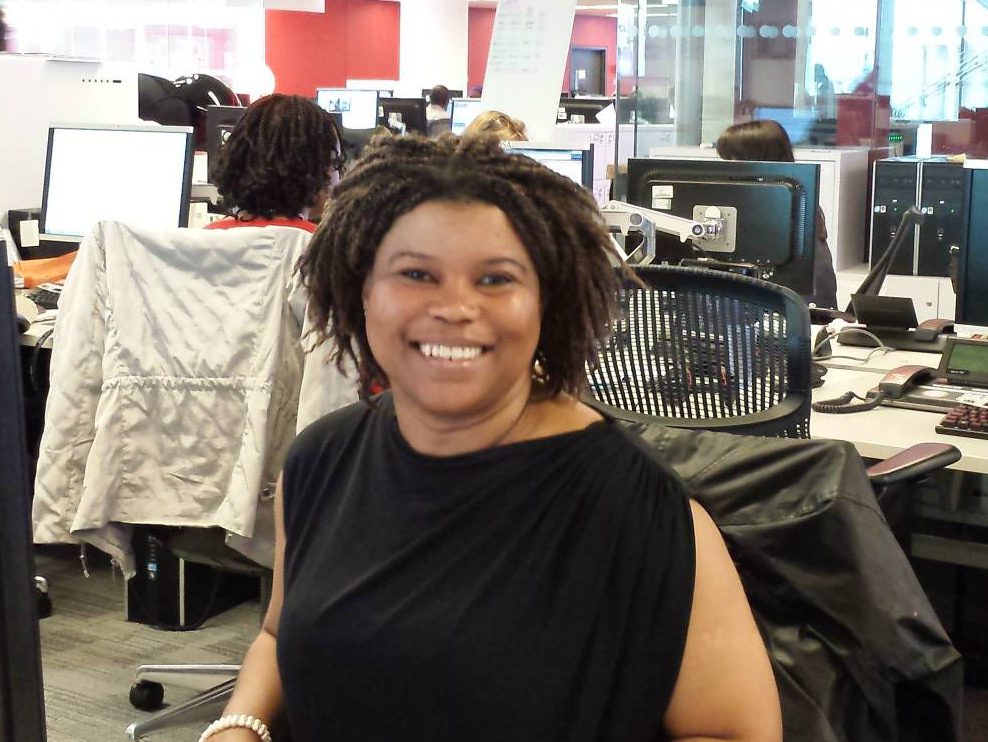Audrey Brown grew up in Kliptown, Soweto, in the tumultuous 1970s and ’80s, when apartheid Prime Ministers Vorster and Botha imposed vicious, ever-increasing restrictions on the Black majority population of South Africa. These included the declaration of a State of Emergency in 1985. Her family was in the thick of South Africa’s armed struggle against Apartheid, hiding banned books in their house to avoid the security police and organising resistance meetings.
One of Brown’s earliest memories of the struggle against Apartheid occurred during the Soweto Uprising of 16 June 1976. Eight or nine years old at the time, Brown recalls being assisted by an uncle onto the roof of the house in Kliptown to get a view of what was happening. This was the day when 175 people, many of them children, were shot dead by the security police for protesting the planned to enforcement of the use of Afrikaans as a medium of instruction in township schools. In the misty, smoke-filled air, the young Audrey felt the sting of tear gas on her face and in her eyes.
From that moment, Audrey Brown became active in the fight against Apartheid, undeterred by being arrested at 14. As a child, she was inspired by journalists such as Maud Motanyane and Don Mattera, which led her to Rhodes University. She obtained a bachelor’s degree in Journalism, African History, and Politics there.
After starting her career writing for newspapers such as Vrye Weekblad and Weekly Mail in the 80s and early 90s, Brown moved to London in the United Kingdom, where she has been a broadcast journalist with the BBC World Service since 2005. As a senior presenter, she presents the BBC’s Focus on Africa, a daily news programme where BBC correspondents working in Africa report on the day’s headlines, major global stories affecting African viewers, and the latest African sports news.
Audrey Brown has continued her learning journey since leaving Rhodes University with her degree all those years ago. Since then, she has obtained a Master’s in Journalism from the University of Wales and studied film criticism and documentary film-making at the Varan Institute of Cinema Direct in Paris.
Brown is also a speaker at the TedxEuston, an event organised by a team of African professionals devoted to using the power of ideas to change the world. Here in South Africa, before leaving to join the BBC in London, she was one of the founding curators for the groundbreaking heritage museum housed in the Women’s Gaol at Constitution Hill in Johannesburg. She describes herself as an earthling, for whom home is everywhere, but she remains a South African and treasures her visits back home.


